Amazon's 14,000 Layoffs: A Shift in Company Culture
Amazon's CEO Andy Jassy revealed that the company's recent layoffs of 14,000 employees were not primarily driven by financial considerations or the increasing use of artificial intelligence (AI). Instead, Jassy attributed the job cuts to a mismatch in cultural fit, stating, "The announcement that we made a few days ago was not really financially driven, and it's not even really AI-driven, not right now at least. It's culture."
The layoffs, which predominantly affected middle managers, follow a June memo in which Jassy indicated that Amazon would require fewer employees due to the efficiency gains brought about by AI. A separate memo announcing the layoffs, signed by Amazon's senior vice president of people, stated that the job cuts were aimed at adapting to transformative technology.
The layoffs have significant financial implications for Amazon. The company's workforce reduction will result in substantial cost savings, with estimates suggesting that the layoffs will save Amazon approximately $1.5 billion annually. This move comes as Amazon continues to navigate a challenging economic environment, with the company's net sales growth slowing down in the second quarter.
The market context for Amazon's layoffs is also noteworthy. The tech industry has been undergoing significant changes in recent years, with many companies undergoing restructuring efforts to adapt to the increasing use of AI and automation. Amazon's decision to prioritize cultural fit over financial considerations reflects a broader shift in the industry towards prioritizing employee well-being and company culture.
Amazon, founded in 1994 by Jeff Bezos, has grown into one of the world's largest and most influential technology companies. The company's culture has long been defined by its emphasis on innovation, customer obsession, and long-term thinking. However, the recent layoffs suggest that Amazon is reevaluating its priorities and adapting to the changing landscape of the tech industry.
As Amazon continues to navigate this shift, the company's future outlook remains uncertain. While the layoffs will likely result in significant cost savings, they also risk disrupting the company's operations and potentially impacting its ability to innovate and compete in the market. Jassy's emphasis on cultural fit suggests that Amazon is prioritizing its employees' well-being and adapting to the changing needs of the industry. However, the full implications of this shift remain to be seen, and investors and analysts will be closely watching Amazon's future performance to gauge the success of this new approach.
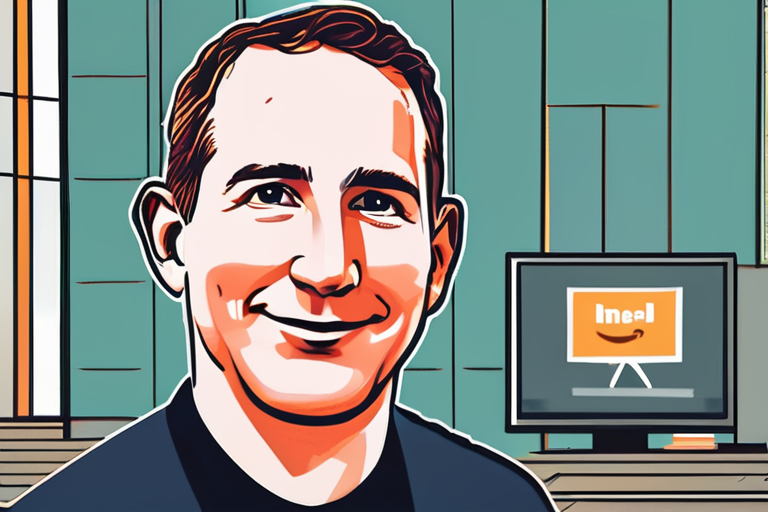



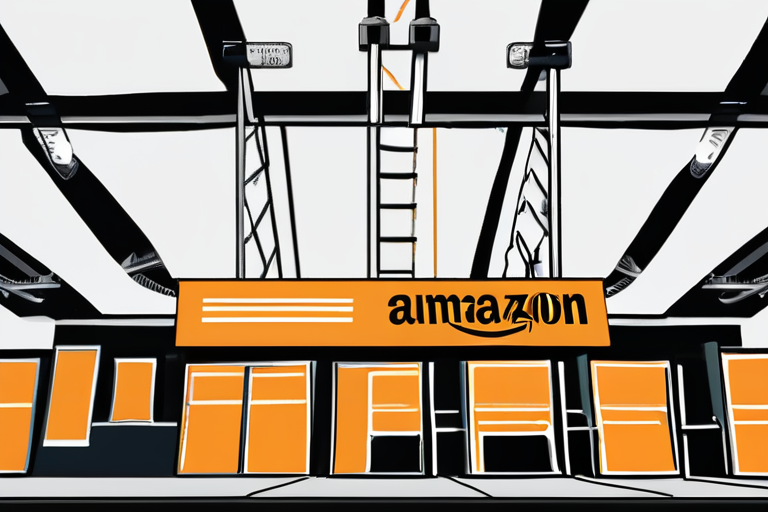



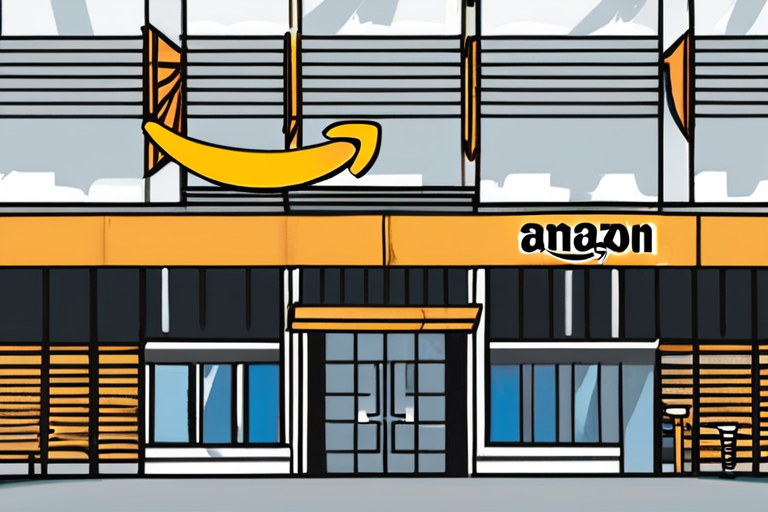





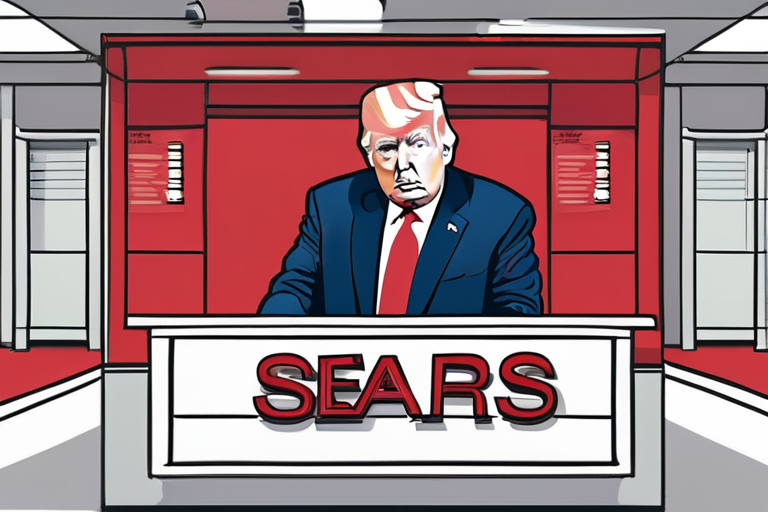








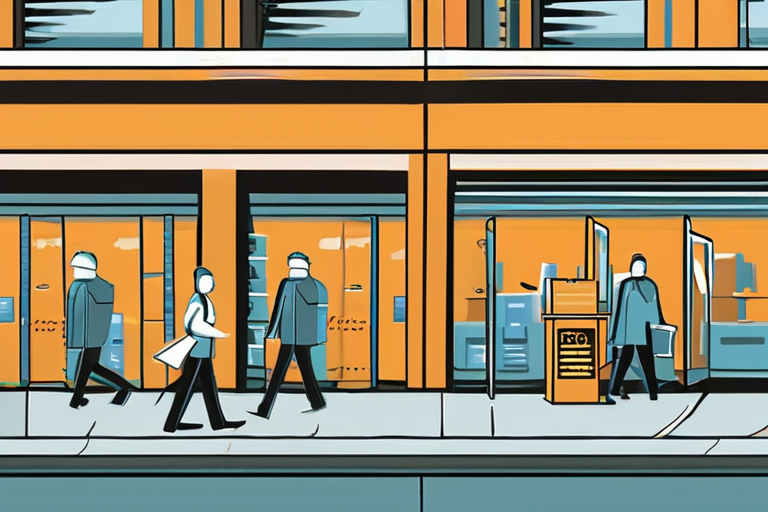



Share & Engage Share
Share this article